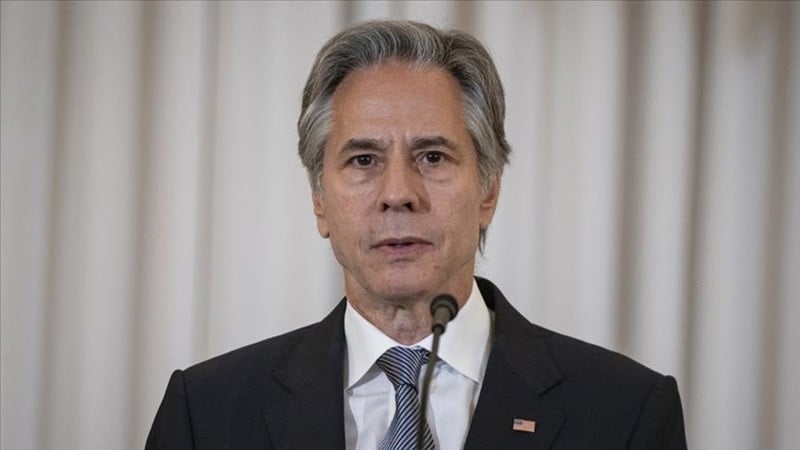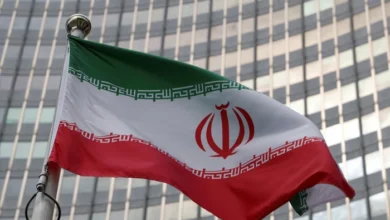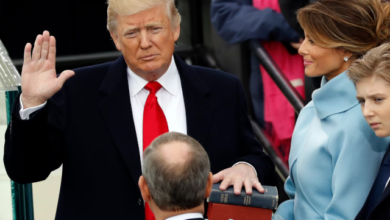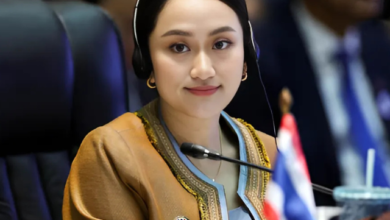The United States had made “direct contact” with the Hayat Tahrir al-Sham (HTS) rebels who have taken control of Syria following the overthrow of President Bashar al-Assad, US Secretary of State Antony Blinken confirmed.
The acknowledgment marks the first official US recognition of engagement with the rebel group, which remains designated a terrorist organisation by Washington.
Blinken spoke in Jordan, where he was attending talks with representatives from several Arab countries, Turkey, and Europe to discuss Syria’s future.
The international talks focused on supporting a peaceful transition in Syria. Blinken’s statement came after regional powers expressed a shared interest in preventing the country from descending into chaos.
“We’ve been in contact with HTS and with other parties,” Blinken said, referring to discussions on issues such as the fate of missing US journalist Austin Tice, who was abducted in Syria over a decade ago.
The Syrian opposition has made progress in pushing for an inclusive government following the collapse of Assad’s regime. HTS, led by Ahmed al-Sharaa (formerly Abu Mohammed al-Jolani), has promised to build a government that represents all Syrians, despite its violent jihadist past.
Despite a shift in HTS’s rhetoric, regional powers remain cautious, and the United States continues to monitor the group’s intentions.
At the meeting in Jordan, Iraqi Foreign Minister Fuad Hussein voiced concerns over Syria’s future, highlighting the region’s desire to avoid a scenario similar to the post-Gaddafi chaos in Libya.
Turkey’s Foreign Minister Hakan Fidan stressed the importance of preserving and reforming Syria’s institutions, warning against allowing terrorism to exploit the transition period.
Syria’s absence from the talks, along with the exclusion of Russia and Iran—key backers of the Assad regime—underscored the fractured state of Syrian diplomacy.
Meanwhile, Israel has continued air strikes against Syria, citing security concerns over strategic threats.
The ongoing political realignment in Syria is set against the backdrop of a brutal 13-year civil war, which saw Assad’s regime backed by Russian and Iranian forces while rebel factions, including HTS, fought for a democratic transition.
As HTS prepares to establish a transitional government, the world watches closely to see how the political landscape in Syria will evolve after the fall of the Assad regime.







